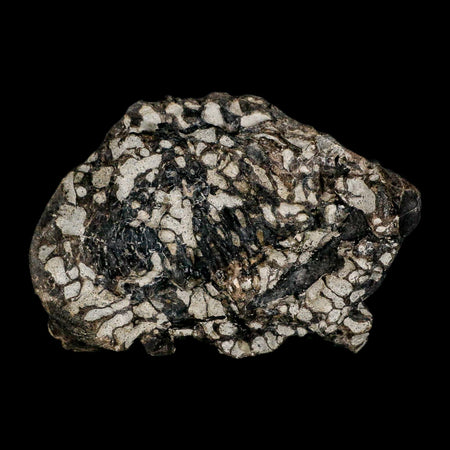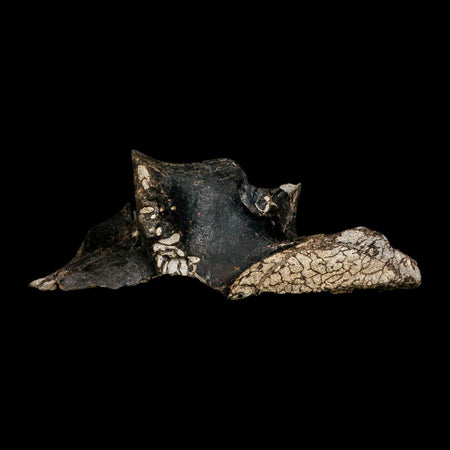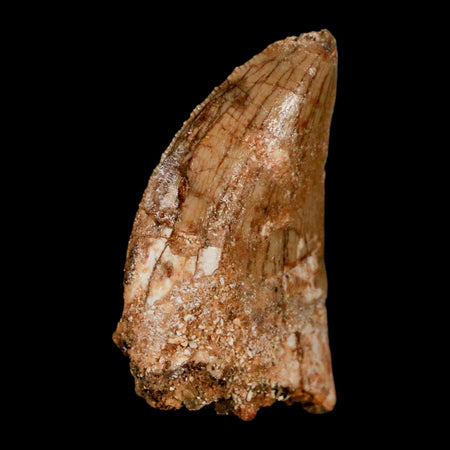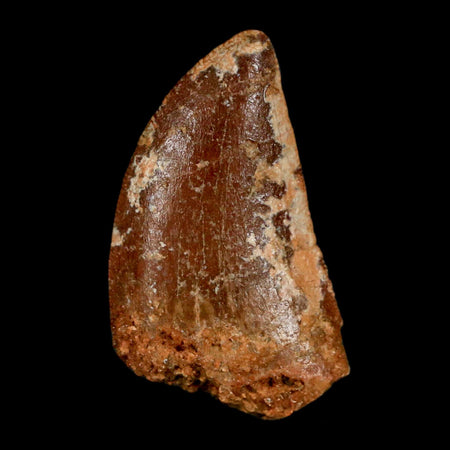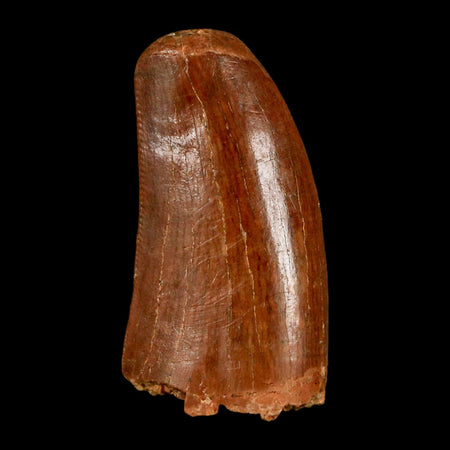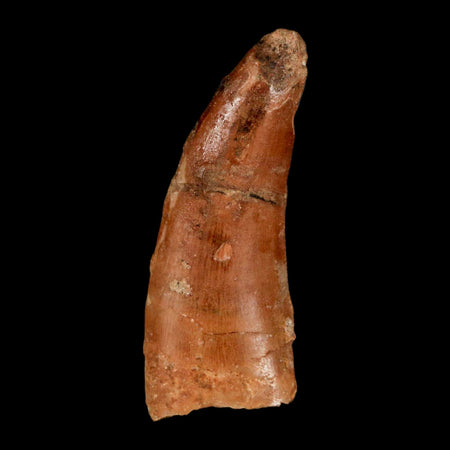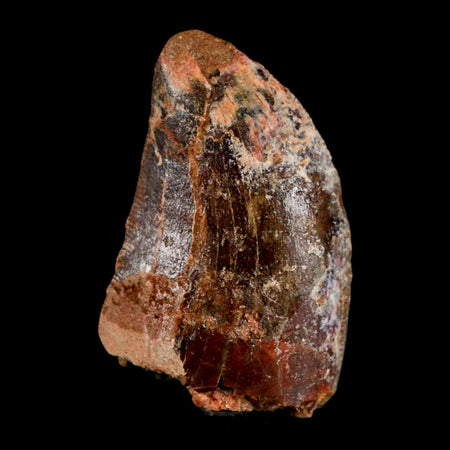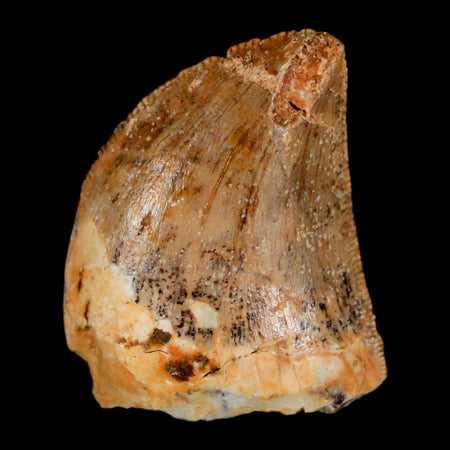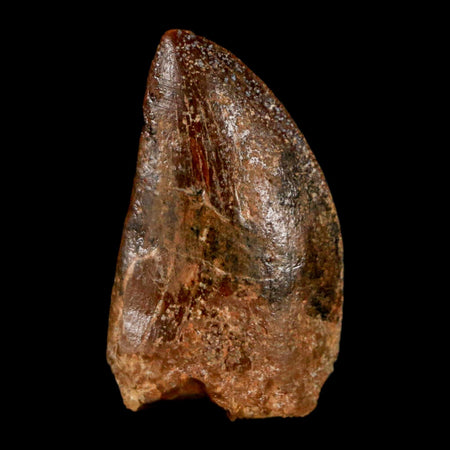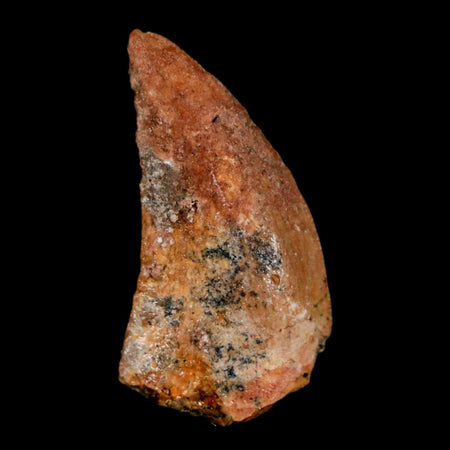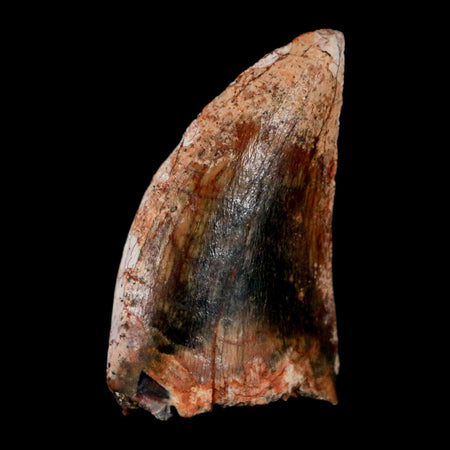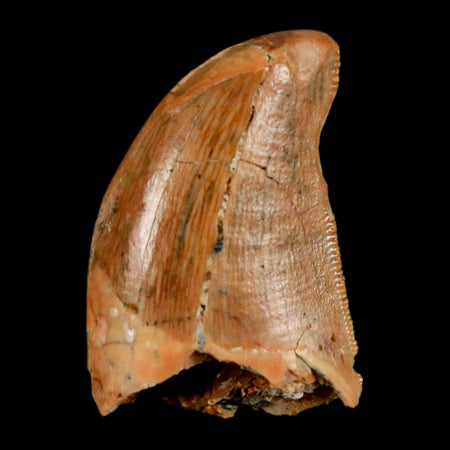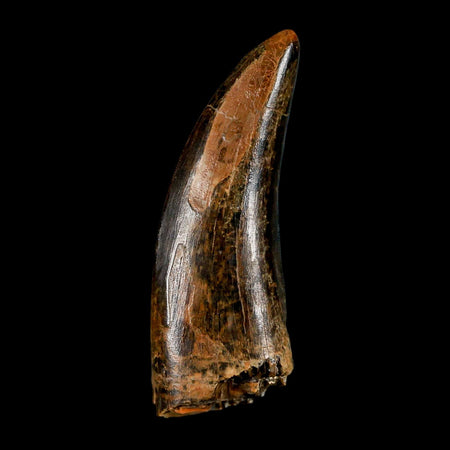-
- Home
- New Arrivals
- Dinosaur Fossils + -
- Fossil Teeth + -
- Trilobite Collection + -
- Insect Fossil Collection + -
- Meteorite Collection
-
Minerals
+
-
- Minerals A TO C + -
- Minerals C TO G + -
-
Minerals H TO P
+
-
- Halite Minerals
- Hematite Minerals
- Jasper Minerals
- Kyanite Minerals
- Lapis Lazuli Minerals
- Malachite Minerals
- Nontronite Minerals
- Ocean Jasper Minerals
- Peacock Ore
- Peridot Minerals
- Picture Jasper Mineral
- Pink Halite
- Pink Tourmaline & Rubellite
- Pinolite Minerals
- Polychrome Jasper Minerals
- Prehnite Minerals
-
Minerals P TO Z
+
-
- Pruskite Minerals
- Purpurite Minerals
- Pyrite Minerals
- Rhodonite Minerals
- Ruby In Zoisite Minerals
- Sardonyx Minerals
- Septarian Minerals
- Serpentine Minerals
- Skutterudite Mineral
- Sodalite Minerals
- Sphalerite Minerals
- Sulfur Minerals
- Tourmaline Minerals
- Turquoise Minerals
- Unakite Minerals
- Vanadinite Minerals
-
Collections
+
-
- Fish Fossils + -
-
Mammal Fossils
+
-
- Basilosaurus Fossils
- Bird Fossils
- Brontothere Fossils
- Cave Bear Fossils
- Deinotherium Giganteum
- Glyptodon Fossils
- Hyracodon Nebrascensis
- Leptomeryx Evansi
- Mammoth Fossils
- Mesohippus Fossils
- Oreodont Fossils
- Palaeolagus Fossils
- Poebrotherium Wilsoni
- Pappocetus Lugardi
- Sloth Fossils
- Subhyracodon Fossils
- Tapirus Veroensis Fossils
- Whale Fossils
- Woolly Rhinoceros
- Plant Fossils + -
-
Reptile Fossils
+
-
- Champsosaurus Gigas
- Crocodile Fossils
- Elasmosaurus Fossils
- Globidens Fossils
- Halisaurus Fossils
- Hoffmanni Fossils
- Ichthyosaurus Fossils
- Koskinonodon Metoposaur
- Mosasaurus Fossils
- Permian Age Fossils
- Phytosaur Fossils
- Platecarpus Fossils
- Plesiosaurus Fossils
- Postosuchus Fossils
- Prognathodon Fossils
- Pterosaur Fossils
- Sarcosuchus Fossils
- Snake Fossils
- Turtle Fossils
- Other Collections + -
- By Price + -
- About Us + -
- FAQ
- Contact
- Clearance
- Log in
- Create account






